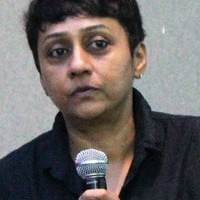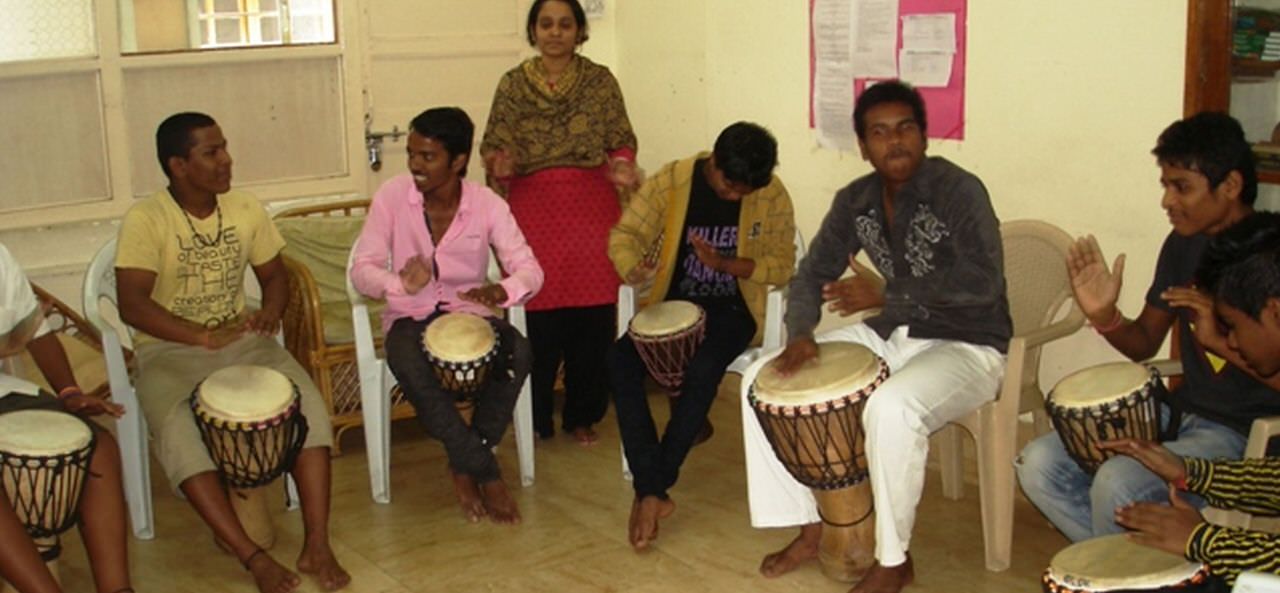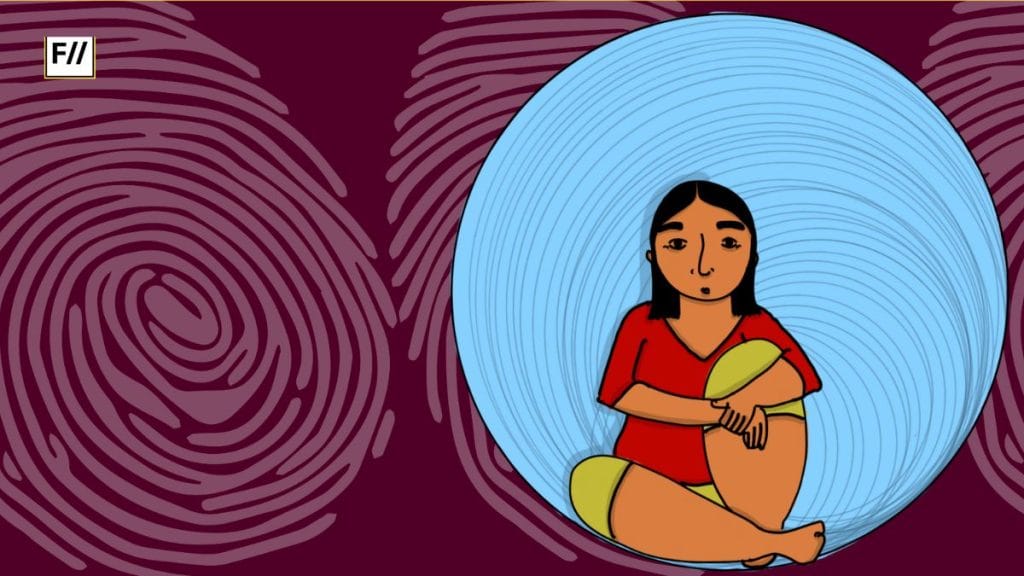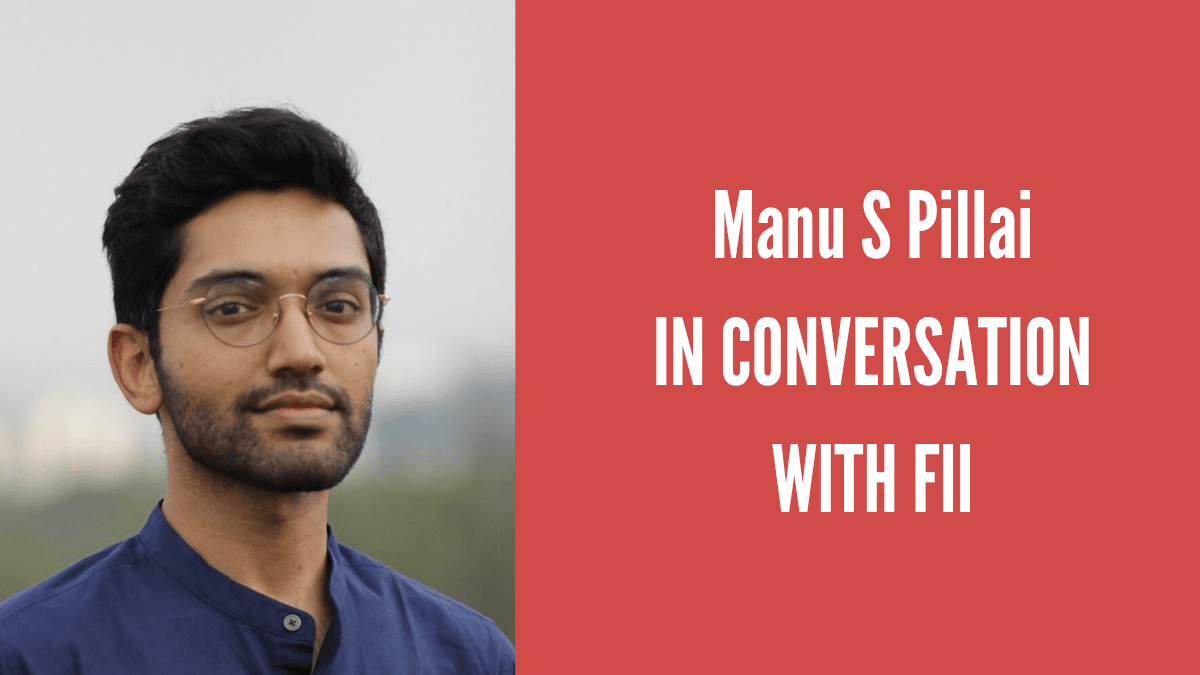 Bhargavi Davar is a mental health activist in India. She is the founder and a managing trustee of the Bapu Trust and the author of several books including Gendering Mental Health. She has also written extensively on psychiatric institutions in India. Through Bapu Trust, she has led and worked on several mental health intervention ighting their legacies and failures. She is working to build a mental healthcare framework in India that addresses the gaps in human rights of people with mental illnesses. In this interview, we speak with her to learn more about her early life, her work and her plans for the future.
Bhargavi Davar is a mental health activist in India. She is the founder and a managing trustee of the Bapu Trust and the author of several books including Gendering Mental Health. She has also written extensively on psychiatric institutions in India. Through Bapu Trust, she has led and worked on several mental health intervention ighting their legacies and failures. She is working to build a mental healthcare framework in India that addresses the gaps in human rights of people with mental illnesses. In this interview, we speak with her to learn more about her early life, her work and her plans for the future.
Could you tell us a little bit about your early years? You describe yourself as a survivor of psychiatric institutions.
My very early childhood experiences are of inhuman spaces and trauma when my mother was incarcerated in mental hospitals. I never really had a childhood, I lost my mother to psychiatric institutions. I did not live a normal life like other children. I was haunted by these memories, wondering why such institutions and spaces exist. All of this manifested in many ways: I had a great sense of shame, I felt the humiliation and exclusion, had no self-assertion. It was only in later years I realized that I was not the only person with “early childhood mental institution trauma”.
You referred to institutions for mentally ill institutions as post-colonial horrors. Can you tell us more about what you mean?
Most of the current mental health policy dates back to colonial times – the Lunatic Asylum Act goes back way to 1850s. The legal formats for these institutions has not changed despite the progress made by India ratifying the UN Convention on human rights. More importantly, the mindset of people has not changed, it remains colonized. During my travel I find that countries that were not colonized or were not Commonwealth colonies don’t display a similar approach to mental healthcare – they have other options, which are not exclusionary and focus more on families and communities. On the other hand in India we have a ruling mandating that every district should have a mental institution.
What do you see as an alternative to this approach?
I started and run the Bapu Trust for Research on Mind and Discourse, which is named after my mother. Among other things, we work in the slums of Pune and we have done several experiments on inclusive designs for mental health. We have researched countries in Asia which focus on social systems and community lives, not individual lives. Communities come together during loss or grief such as the death of a child, a failed marriage. Our programs in Pune include a number of lifestyle changes such as a better diet, meditation, exercise, friends and peers, focus on thoughtfulness and prioritize keeping peace. We use an eight point recovery framework and you can learn more about it here. The framework covers several life domains and I believe that if it lead to change in the slums of Pune, the Indian middle class has a lot more resources available. We are building a robust community system which prioritizes psychosocial well-being.
Could you tell us more about your book Gendering Mental Health?
This is my third book on the subject, and I now have a broader view of gender than when I wrote my first and second books. The key determinant of mental health is gender, within which there are whole new discourses on young people, sexuality, sexual identity, disability identity. Women’s roles in life impact their mental health – for example domestic helpers use their bodies as a way of employment. They express their emotional distress in bodily pain – joint pains, heart palpitations, cold feet – but not through expressed moods or “depression”. A lot of their issues are embodied and there maybe no vocabulary for psychological pain. Men don’t talk about their bodies in the same way, they turn to alcohol in our working areas.
Systems also view men and women very differently. Any deviation from their expected roles for women increases their chances of being diagnosed with mental illnesses, of ending up in an institution and staying there. This does not happen to men. Research also shows that labeling women as unsound is a way to disempower them legally – whether it is for property or for custody of children. There are no tests for what constitutes an unsound mind and it is all very subjective, based on stereotypes.
Where do you see your work in the next ten years?
I think we are moving in the right direction, for example by ratifying the UN Convention on rights of people with disabilities. We need to broaden the work we do to build communities as the first line of partnership in mental healthcare. We have to overcome the limitations of our postcolonial identity. I imagine, vibrant, peace loving, caring and inclusive communities. It’s a vision to live for.
If there is one piece of advice I could give to your readers about mental health, it is to not underestimate the role of a diet. The brain is an organ and it needs nourishment. Focus on how your food is produced, how you consume it. Eat brain friendly food, think about what goes in your body.
About the author(s)
Feminist and Indian. Interests include gender, education, mental health and wellness. India/US.




